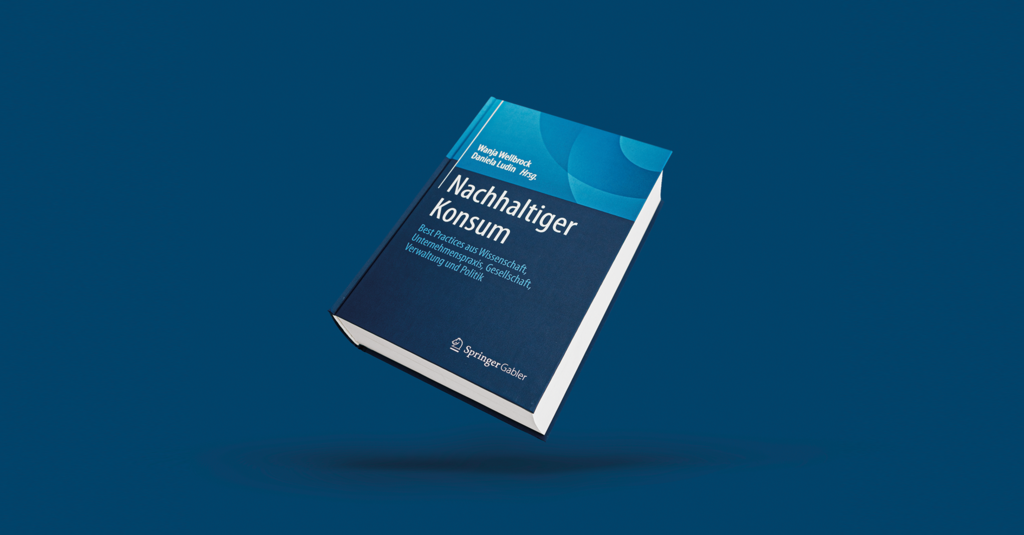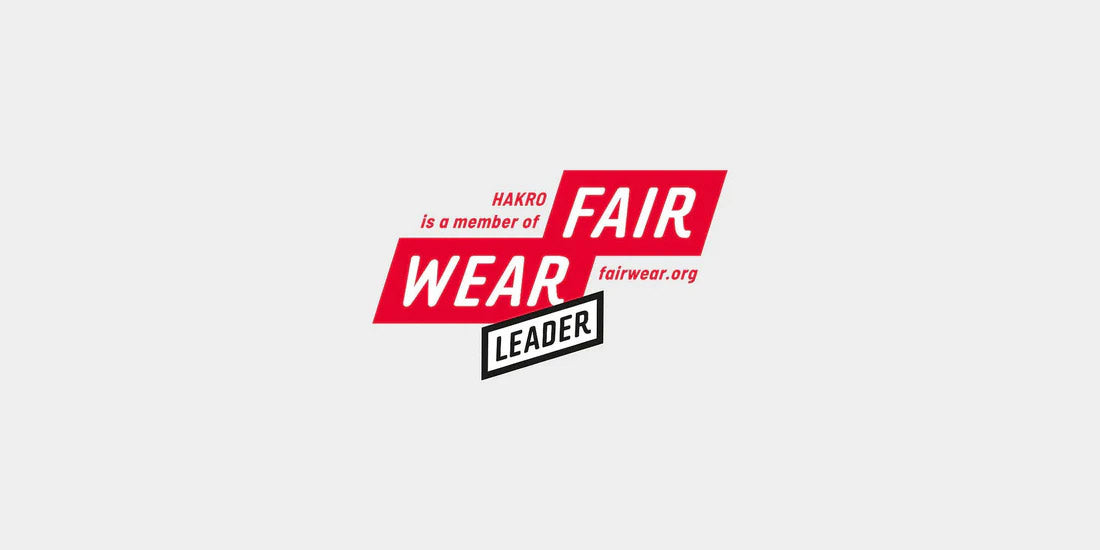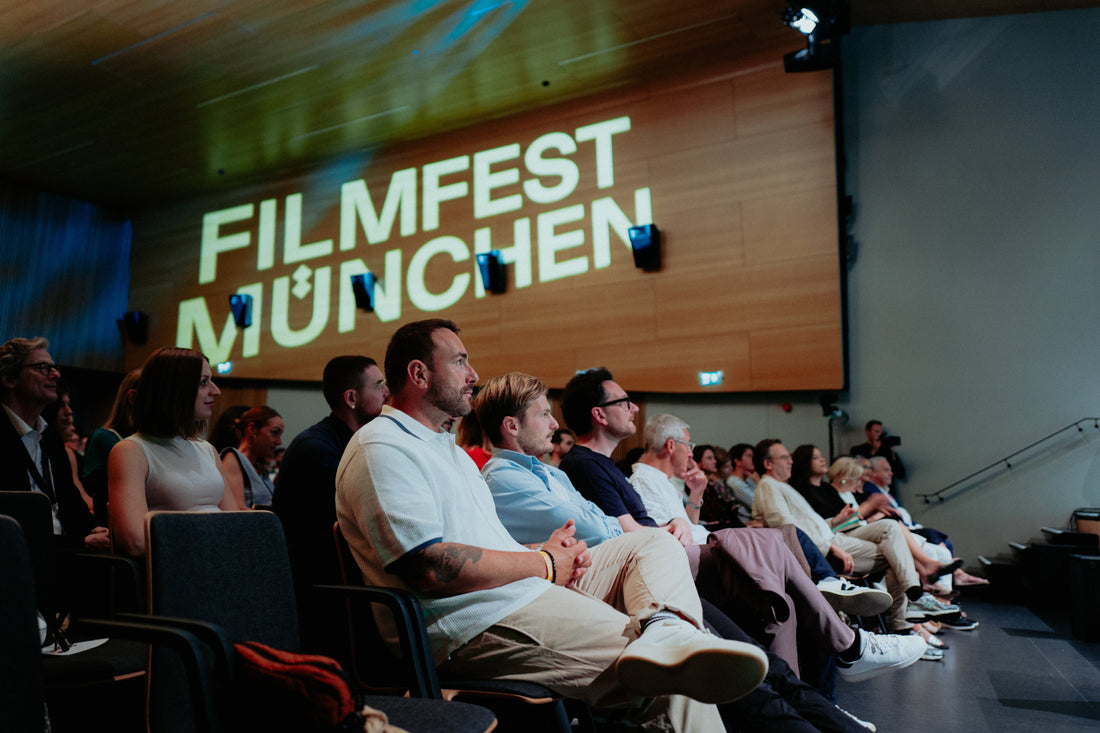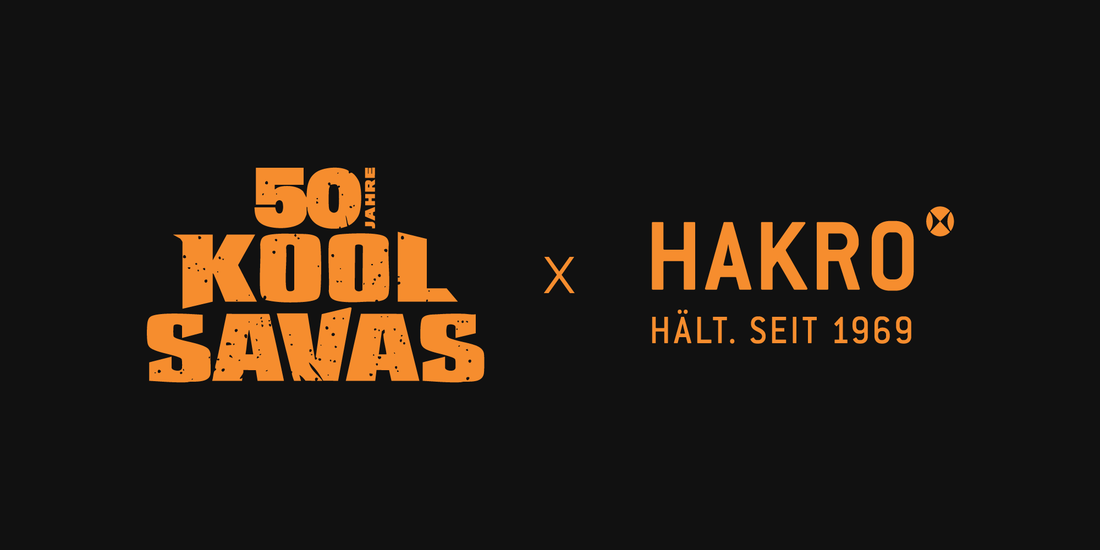Our HAKRO sustainability management is a top priority for us. The fact that this does not go unnoticed is also shown by the growing attention from outside. HAKRO therefore received a request to write an article for the Heilbronn University of Applied Sciences' publication “Sustainable Consumption”. Naturally, HAKRO accepted the offer and handed it over to the HAKRO Quality, Values & Sustainability team. We are now delighted that the book with our contribution ‘Made in Bangladesh - and proud of it’ can be found in Part IV of ‘Best Practices - Sustainable Corporate Management’ on pages 455 to 471.
On around 1000 pages, the volume published by Springer Verlag provides a holistic view of the topic of ‘sustainable consumption’. It shows that economic decisions can no longer be made solely on the basis of price, quality and service. However, not only the consumption of private households is recognised as an important lever for sustainable change, but also public procurement practices. In addition to the chapter on HAKRO, the volume includes numerous other practical examples from companies such as VAUDE, Würth, Lidl and dm. The aim of the book is to provide a conceptual basis for sustainable consumption decisions. It is aimed at practitioners, scientists and students.
Our article is all about the question of whether textile companies can actually continue to produce in Bangladesh. Even though the challenges facing the textile sector in terms of sustainability were well known, the catastrophic collapse of the Rana Plaza textile factory in April 2013 was a turning point in the perception of consumers and the textile industry. The country is associated with unsafe and inhumane working conditions. We answer why withdrawing from Bangladesh is not a solution for us. Because we believe that we can only make a difference on the ground by helping to shape and tackle things ourselves. So it's not a question of if, but how.
The example of our production partner in Dhaka shows that sustainable textile production is also possible in Bangladesh. We have been working with them on a basis of trust for over 20 years and they are part of the HAKRO family. We are united by shared values and the same desire to find sustainable solutions. Through recognised certifications with annual audits such as GOTS, Fair Wear Foundation and Bangladesh Accord, we ensure that environmental and social standards are adhered to. The perspective of independent third parties helps us to tackle improvements in sustainability measures and provides further enriching suggestions. Where we are not yet able to achieve a satisfactory result, such as on the issue of living wages, we work with interim solutions: Donations in kind benefit the employees and their families. We also support them with healthcare through our FriendShare solidarity fund
The conclusion of our contribution is that we would like to achieve much more in Bangladesh. We also describe the small and arduous steps that we and other companies can take to achieve great things together.



